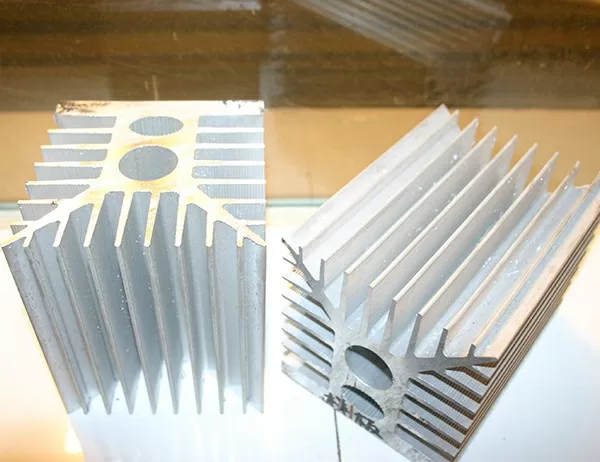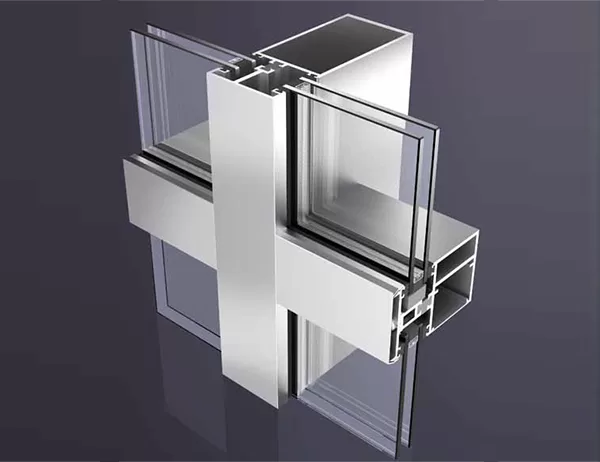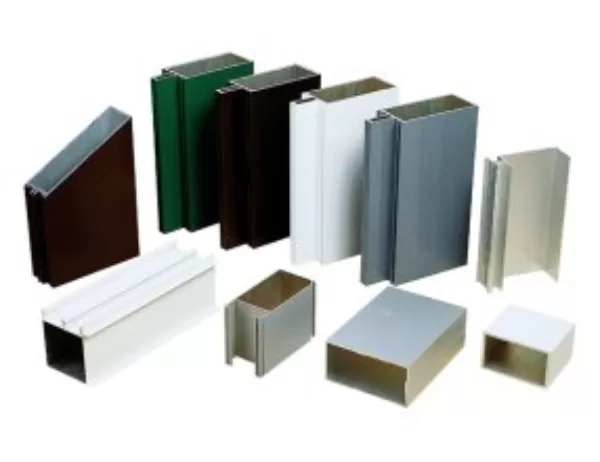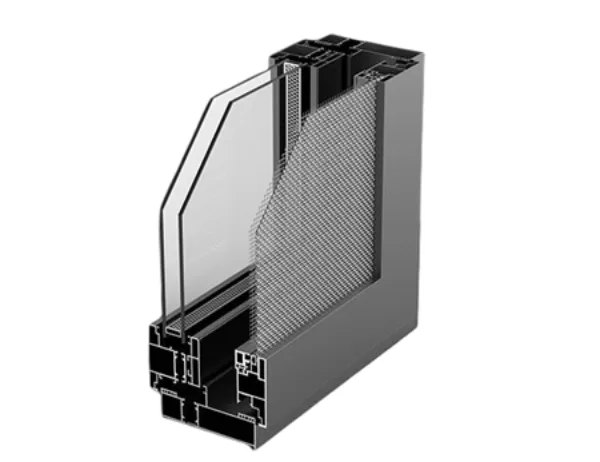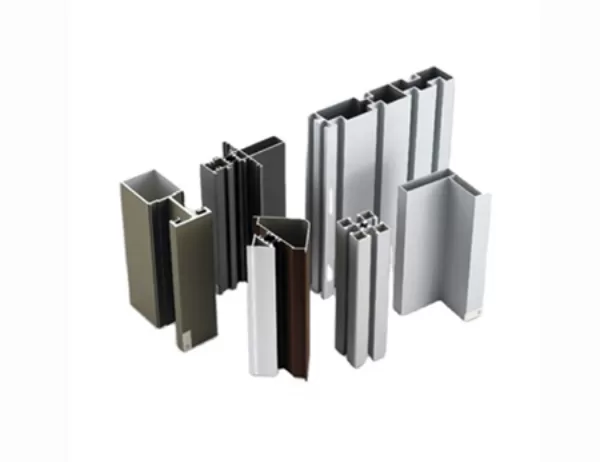As the world grapples with the urgency of climate change, solar energy has emerged as a crucial solution for sustainable power generation. Solar panels, the primary components of photovoltaic systems, capture sunlight and convert it into electricity. To ensure their efficient performance and longevity, these panels must be securely and durably mounted using high-quality materials. Aluminum profiles, particularly, stand out as an indispensable choice for solar panel mounting due to their exceptional properties.
Durability and Corrosion Resistance
Solar panels are often exposed to harsh outdoor conditions, including extreme weather events, temperature fluctuations, and corrosive chemicals. Aluminum profiles possess exceptional durability, enabling them to withstand these challenges. They are resistant to rust, moisture, and other forms of corrosion, ensuring the long-term integrity of the mounting system.
Lightweight and Strength
Despite their robust nature, aluminum profiles are remarkably lightweight, which facilitates easier transportation, handling, and installation. This reduces labor costs and makes the overall mounting process more efficient. Moreover, aluminum’s exceptional strength-to-weight ratio allows for the creation of sturdy yet lightweight frames that can effectively support the weight of solar panels over extended periods.
Flexibility and Versatility
Solar panel mounting systems often require customized solutions to accommodate different roof types, panel configurations, and site-specific requirements. Aluminum profiles offer unparalleled flexibility, allowing them to be easily cut, formed, and assembled to meet various mounting needs. This versatility enables installers to design and implement mounting solutions that optimize solar energy generation.
Thermal Conductivity
Efficient heat dissipation is critical for the performance and longevity of solar panels. Aluminum profiles have excellent thermal conductivity, which facilitates the transfer of heat away from the panels. By preventing heat buildup, aluminum profiles help maintain optimal panel temperatures, maximizing their power output and extending their lifespan.
Electrical Conductivity
For the efficient flow of electricity generated by solar panels, proper electrical conductivity is essential. Aluminum is a highly conductive metal, ensuring minimal electrical losses during transmission. This ensures that the maximum power generated by the panels is effectively utilized, reducing energy waste and optimizing system efficiency.
Aesthetics
In addition to their functional advantages, aluminum profiles contribute to the aesthetic appeal of solar panel installations. They provide a sleek and modern look that complements the clean lines and futuristic nature of solar technology. The customizable nature of aluminum profiles also allows for different colors and finishes, enabling designers to create visually pleasing and architecturally harmonious mounting solutions.
Conclusion
Solar aluminum profiles are an essential component for the mounting of solar panels, offering a unique combination of durability, lightweight strength, flexibility, thermal conductivity, electrical conductivity, and aesthetic appeal. Their use ensures the efficient and long-term performance of solar panels, contributing to the sustainable generation of renewable energy. As the demand for solar power continues to grow, aluminum profiles will remain a critical material in the design and implementation of effective solar panel mounting systems.
